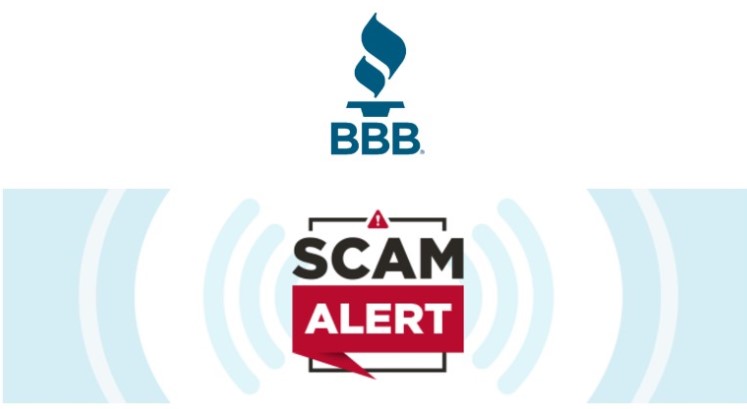Watch out for phony medical bills and debt collectors.
If you get an unexpected message saying you owe money for medical services, think twice before paying. BBB Scam Tracker has received reports about phony medical bills and collections departments.
How this scam works
You receive a letter or a call informing you that you owe money on a medical bill. If you follow up, the “billing department” will insist that you need to pay immediately. If you don’t, you will allegedly face consequences, such as fines, damage to your credit score, or even jail time. Eager to settle your debts, you provide your credit or debit card number. But before you pay, the scammer will ask you to confirm your name, address, and other sensitive information, which may include your Social Security or bank account number.
This scam has several versions. In some cases, they entirely fabricate the bills and medical services. For example, one person told BBB Scam Tracker that they “received a medical bill for $500 for COVID testing that supposedly occurred in VA in January. I quickly looked into the business website, which wasn’t even registered/live until May. I was also out of state (in CA) when it claims I got tested.”
No matter what pretense the scam uses, giving scammers your details puts you at risk for identity theft. Plus, you might lose any money you pay them for good.
Read the full alert for another example of this scam.
How to avoid similar scams:
- Verify the claims. If someone claims you owe money, ask for the details. Any legitimate collections company should be able to tell you to whom you owe money and when you received services. Consider it a red flag if they must be more forthcoming with this information. In any case, hang up and contact your doctor’s office, hospital billing department, or insurance company directly and find out if you owe money.
- Look up the customer service number. Do an internet search for the phone number that contacted you or the customer service number on the letter you received. Their phone number should be with an official business associated with your doctor or hospital. If it isn’t, consider it a red flag. Also, watch for reports from others identifying the number as part of a scam.
- Read the full alert for more tips.
This solicitation looks like a notice about your mortgage. Here’s how to spot it.
If you get an unexpected letter from your mortgage company, look closely! According to numerous BBB Scam Tracker reports, the letters are a deceptive solicitation for a home warranty service. Here’s how to spot the scheme.
How this scam works
You receive a letter that appears to come from your mortgage provider. It’s allegedly from the company’s “Home Warranty Dept,” and claims that you must renew your home warranty.
Before worrying, look closely at the letter and see what’s happening. One BBB Scam Tracker report noticed: “At the very bottom of the letter in small print is the comment, ‘Not all consumers have previous coverage. We are not affiliated with your current mortgage.'”
If you don’t read the fine print (or it doesn’t appear in the letter you receive), you’ll likely be concerned your home warranty has lapsed and your mortgage is at risk. Unfortunately, you won’t be dealing with your mortgage lender if you call the number and “renew” your warranty. Instead, you will have given money and personal information to a company that employs deceptive advertising tactics.
This scheme is similar to the extended car warranty calls. The product may be accurate, but you genuinely need something else. Also, you want to avoid doing business with a company that resorts to misleading sales techniques.
Read the full alert for another variation of this scam.
How to avoid similar scams:
- Go to the source. Don’t use the contact information in the message if you receive any correspondence about your mortgage or home warranty that you need clarification on. Instead, call your lender directly to inquire about the matter. Look up their contact information separately on your mortgage bill or search for your lender’s customer service line on their website.
- Watch out for high-pressure offers or threats. Don’t let scammers pressure you to act immediately, even if they say you could lose your home. If someone tries to use scare tactics, stop communicating with them and contact your bank or lender directly.
- Are you shopping for a home warranty? Check out this BBB Tip about home warranties for more advice.
For more information
Read about a similar scam in BBB Tip: Healthcare scams are after your personal information. Before you call customer support, read about fake customer support numbers.
Want more of these emails? Then, subscribe to BBB’s weekly Scam Alerts.








 EastTexasRadio.com Powered by Ten Stations
EastTexasRadio.com Powered by Ten Stations





